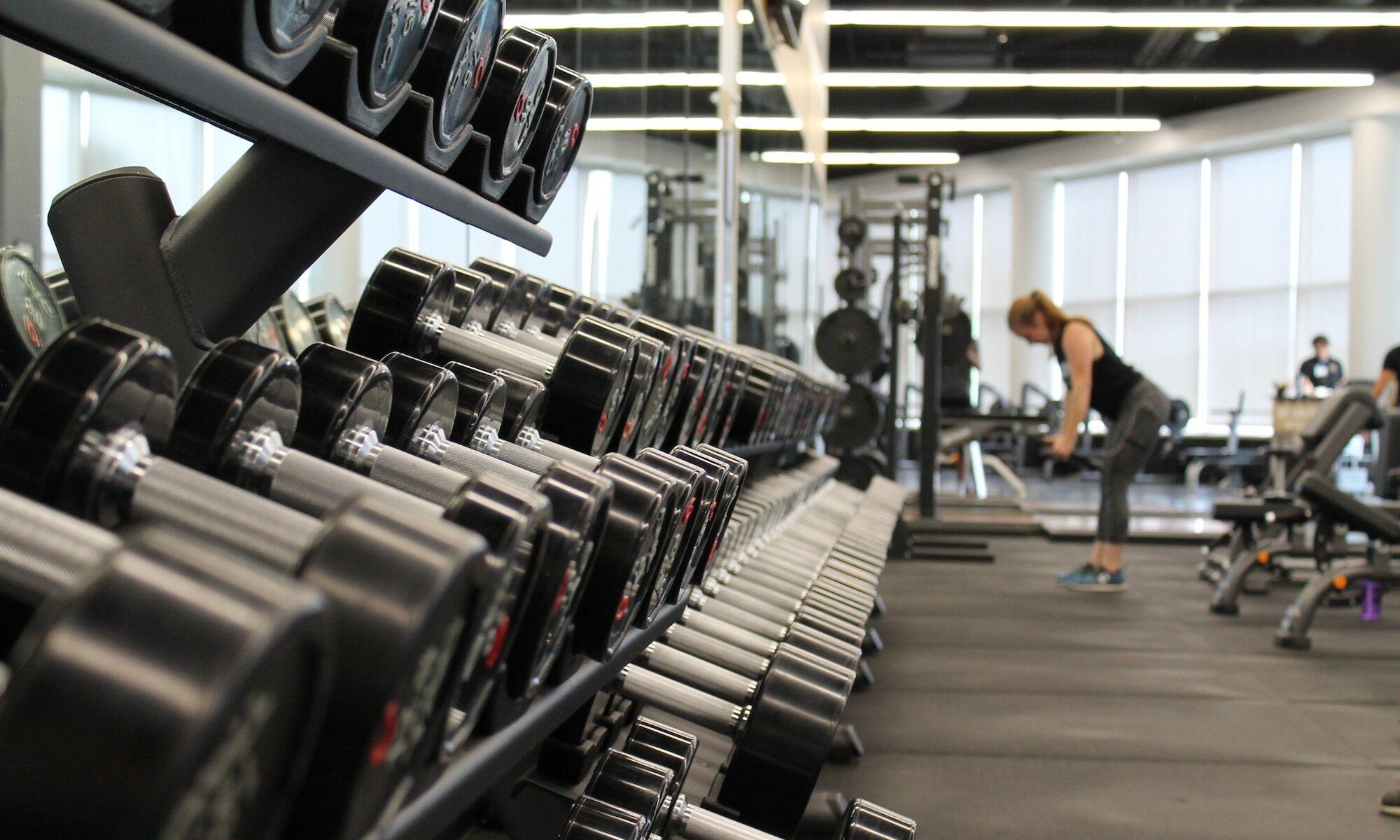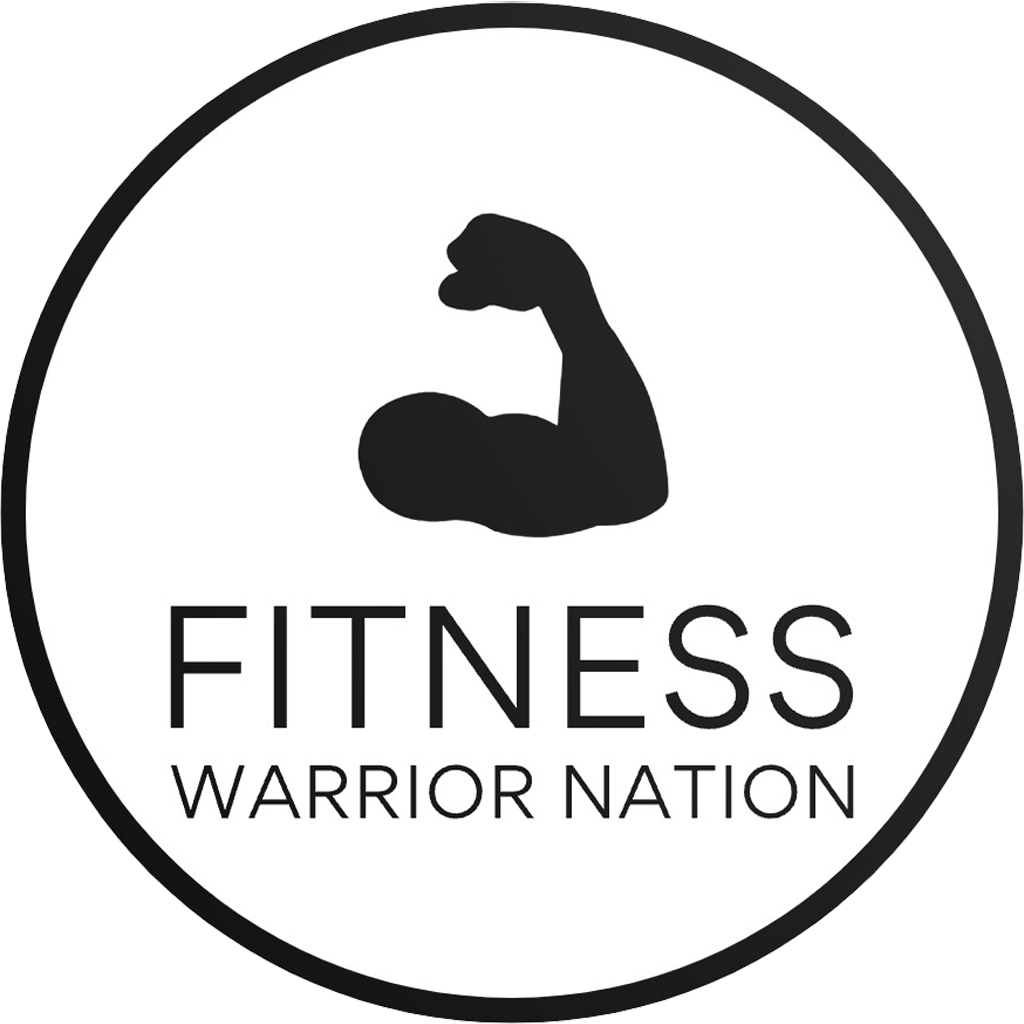Discover how nutrition can maximize your workout results. Learn about the impact of nutrition on energy levels, muscle growth, and recovery. Find practical tips to optimize your diet for fitness success. Take your fitness journey to the next level with the power of nutrition.
You’re about to discover the key to unlocking your workout potential. Nutrition plays a crucial role in maximizing your results, whether you’re a seasoned athlete or a beginner. By fueling your body with the right nutrients, you can enhance your energy levels, build lean muscle, and improve your overall performance. In this article, we will explore the impact of nutrition on your workouts and provide you with practical tips to optimize your diet for fitness success. Get ready to take your fitness journey to the next level by harnessing the power of nutrition.
Understanding the Role of Nutrition in Workout Results
When it comes to achieving your fitness goals, nutrition plays a vital role in maximizing your workout results. Proper nutrition not only fuels your body for exercise but also supports muscle building and repair, boosts energy levels, and enhances recovery. By understanding the key nutrients and implementing pre-workout, during-workout, and post-workout nutrition strategies, you can take your workout performance to the next level.
Fueling Your Body for Exercise
Before you begin any workout, it is crucial to fuel your body with the right nutrients. Carbohydrates, protein, and fats are essential macronutrients that provide your body with the energy it needs to perform at its best. Carbohydrates serve as the primary source of fuel, while protein supports muscle growth and repair. Fats, on the other hand, help regulate hormone production and provide a longer-lasting source of energy.
Building and Repairing Muscles
Regular exercise, especially strength training, places stress on your muscles, leading to tiny tears in the muscle fibers. The repair and rebuilding of these muscle fibers are essential for muscle growth and strength development. To support this process, consuming an adequate amount of protein is crucial. Protein provides the necessary amino acids that act as the building blocks for muscle repair and growth.
Supporting Energy Levels
Sustained energy levels are essential for optimal workout performance. Including carbohydrates in your pre-workout nutrition can help provide a readily available source of energy for your body. Carbohydrates are digested and converted into glucose, which is stored in your muscles as glycogen. During exercise, your body taps into these glycogen stores for energy. Consuming carbohydrates before your workout can help ensure that your glycogen stores are topped up, providing you with the energy you need to power through your training session.
Enhancing Recovery
Recovery is a crucial aspect of any fitness routine. It is during the recovery phase that your body repairs damaged tissues, replenishes energy stores, and adapts to the demands of your workout. Proper nutrition plays a significant role in enhancing the recovery process. Consuming protein after your workout helps kickstart muscle repair and growth, while replenishing glycogen stores with carbohydrates ensures your body has the energy it needs to recover effectively.
Key Nutrients for Optimal Workout Results
To maximize your workout results, it is important to ensure that you are getting an adequate amount of key nutrients in your diet. These include carbohydrates, protein, fats, vitamins and minerals, and hydration.
Carbohydrates
Carbohydrates should make up a significant portion of your diet, especially if you are engaged in intense exercise. They are the body’s preferred source of fuel and provide the energy necessary for muscle contractions. Including complex carbohydrates such as whole grains, fruits, and vegetables in your diet can help sustain your energy levels during workouts.
Protein
Protein is essential for muscle repair, growth, and recovery. Including lean sources of protein such as chicken, fish, tofu, or legumes in your diet can help support muscle development. Aim to consume protein both before and after your workouts to optimize muscle repair and growth.
Fats
While sometimes demonized, fats are an important component of a healthy diet, especially for athletes and those engaged in intense workouts. Fats provide a concentrated source of energy and aid in hormone production. Including healthy fats such as avocados, nuts, and olive oil in your diet can help support overall health and workout performance.
Vitamins and Minerals
Vitamins and minerals play a crucial role in various bodily functions. They support energy production, muscle function, and overall health. Including a variety of fruits, vegetables, whole grains, and lean proteins in your diet can help ensure that you are getting an adequate amount of these essential nutrients.
Hydration
Proper hydration is often overlooked but is vital for optimal workout performance. Dehydration can lead to decreased energy, poor concentration, and impaired physical performance. Make sure to drink enough water before, during, and after your workouts to maintain hydration levels.
Pre-Workout Nutrition Strategies
What you eat before your workout can significantly impact your performance. Implementing the right pre-workout nutrition strategies can help fuel your body and provide the necessary energy to maximize your workout results.
Timing Your Pre-Workout Meal
The timing of your pre-workout meal is crucial. Ideally, you should consume a meal or snack containing carbohydrates and protein about 1 to 3 hours before your workout. This will give your body enough time to digest the food and provide a steady source of energy during exercise.
Balancing Macronutrients
A well-balanced pre-workout meal should include a combination of carbohydrates, protein, and a small amount of healthy fats. Carbohydrates provide immediate energy, while protein supports muscle repair and growth. Including a small amount of fat can help slow down digestion and provide a more sustained source of energy.
Including Energy-Boosting Foods
Certain foods can provide a natural energy boost before your workout. Foods such as bananas, oats, or nut butter can help provide carbohydrates, protein, and healthy fats, giving you a quick burst of energy to power through your exercise routine.
Avoiding Digestive Discomfort
While it’s important to fuel your body before your workout, it’s equally crucial to avoid foods that may cause digestive discomfort. Certain foods, such as high-fat or high-fiber foods, can take longer to digest and may lead to bloating or stomach discomfort during exercise. Experiment with different foods to find what works best for you and try to avoid eating a large meal immediately before your workout.
During-Workout Nutrition Tips
While it’s not always necessary to eat during your workout, there are certain guidelines you can follow to optimize your performance and maintain energy levels.
Hydrating Properly
Staying hydrated during your workout is essential for maintaining optimal performance. Make sure to drink water regularly throughout your exercise session, especially if you’re engaged in prolonged or intense activities. Sipping on water or a sports drink that contains electrolytes can help replenish lost fluids and prevent dehydration.
Consuming Quick Energy Sources
If your workouts are longer or more intense, you may benefit from consuming quick energy sources during your exercise session. These can include energy gels, sports drinks, or easily digestible snacks such as fruit or granola bars. These provide a quick source of carbohydrates to maintain energy levels and prevent fatigue.
Electrolyte Replacement
Electrolytes, such as sodium and potassium, are minerals that play a crucial role in maintaining proper fluid balance and muscle function. If you sweat heavily during your workout, especially in hot and humid conditions, you may need to replenish these electrolytes. Consuming a sports drink or electrolyte tablets can help maintain electrolyte balance and prevent muscle cramps.
Avoiding Heavy Meals
While it’s important to refuel your body during exercise, it’s best to avoid consuming heavy meals that can cause digestive discomfort. Focus on small, easily digestible snacks that provide carbohydrates and minimal fat or protein. This will ensure a steady source of energy without weighing you down.
Post-Workout Nutrition Guidelines
After an intense workout, your body needs proper nutrition to recover and repair itself. Implementing the right post-workout nutrition guidelines can help optimize your recovery and enhance your workout results.
Maximizing Recovery with Protein
Consuming an adequate amount of protein after your workout is crucial for muscle repair and growth. Aim to consume 20-30 grams of high-quality protein, such as lean chicken, fish, or a protein shake, within 30 minutes to an hour after your workout. This will provide your muscles with the necessary amino acids for repair and growth.
Replenishing Glycogen Stores
During exercise, your body depletes its glycogen stores, which are its primary source of energy. Replenishing these stores after your workout is essential for proper recovery. Consuming carbohydrates, such as fruits, whole grains, or sweet potatoes, within the first hour or two after your workout can help replenish glycogen stores and provide your body with the necessary fuel for recovery.
Including Nutrient-Dense Foods
After a workout, it’s important to nourish your body with nutrient-dense foods that provide a wide range of vitamins, minerals, and antioxidants. Include a variety of fruits, vegetables, whole grains, and lean proteins in your post-workout meal to ensure you’re getting all the necessary nutrients for optimal recovery.
Avoiding Overeating
While it’s important to refuel your body after a workout, it’s easy to overeat and consume more calories than you actually need. Pay attention to portion sizes and listen to your body’s hunger cues. Aim to eat a balanced meal that includes protein, carbohydrates, and healthy fats, but avoid exceeding your caloric needs.
Supplements for Workout Performance
While proper nutrition from whole foods should be the foundation of your diet, certain supplements can enhance your workout performance and help you reach your fitness goals. Here are some supplements that have shown potential benefits:
Creatine
Creatine is one of the most researched and effective supplements for improving strength and muscle mass. It helps regenerate ATP, the body’s primary energy source, leading to increased power and improved performance during high-intensity exercises like weightlifting or sprinting.
Branched-Chain Amino Acids (BCAAs)
BCAAs, which include leucine, isoleucine, and valine, are amino acids that play a vital role in muscle protein synthesis and recovery. Taking BCAAs before or during your workout can help reduce muscle breakdown, enhance muscle growth, and decrease muscle soreness.
Beta-Alanine
Beta-alanine is an amino acid that helps increase the production of carnosine, a compound that reduces fatigue and improves exercise performance. Supplementing with beta-alanine may enhance endurance and delay fatigue during high-intensity activities.
Multivitamins
While whole foods should be the primary source of vitamins and minerals, a multivitamin can help fill in any nutritional gaps in your diet. Look for a high-quality multivitamin that contains a wide range of vitamins and minerals to support overall health and wellness.
Caffeine
Caffeine is a natural stimulant that can provide a temporary boost in energy and mental focus. Consuming caffeine before your workout may improve endurance, increase alertness, and enhance performance.
It’s important to note that while supplements can be beneficial, they should not replace a well-balanced diet. Always consult with a healthcare professional before starting any new supplementation regimen.
Meal Planning for Workout Success
Proper meal planning is essential for achieving your workout goals. By balancing macronutrients, including a variety of whole foods, considering portion sizes, and preparing meals in advance, you can set yourself up for success.
Balancing Macronutrients
To fuel your workouts and support recovery, it’s important to balance your macronutrients. Aim to include a combination of carbohydrates, protein, and healthy fats in each meal. This will provide your body with the energy it needs and ensure proper muscle repair and growth.
Including a Variety of Whole Foods
Eating a diverse range of whole foods is key to obtaining all the necessary vitamins, minerals, and antioxidants for optimal health and workout performance. Include a variety of fruits, vegetables, whole grains, lean proteins, and healthy fats in your meals to ensure you’re getting a wide range of nutrients.
Considering Portion Sizes
Proper portion sizes are essential for maintaining a healthy weight and providing your body with the right amount of nutrients. Use portion control guidelines or consult with a registered dietitian to help ensure you’re consuming an appropriate amount of food for your goals.
Preparing Meals in Advance
Meal prepping can help save time and ensure you have nutritious meals readily available. Set aside time each week to plan and prepare your meals, so you have healthy options on hand, especially during busy days. This can help prevent reliance on unhealthy convenience foods and make it easier to stick to your nutrition plan.
Individual Differences and Personalized Nutrition
When it comes to nutrition and fitness, there is no one-size-fits-all approach. Everyone has unique dietary needs, goals, and preferences. It’s important to customize your nutrition according to your individual goals, adjust for intolerances or allergies, and regularly monitor your dietary requirements.
Customizing Nutrition According to Goals
Your nutritional needs may vary depending on your specific fitness goals. Whether you’re looking to build muscle, lose fat, improve endurance, or enhance overall performance, customizing your nutrition plan can help support these objectives. Consider working with a registered dietitian or nutritionist to develop a personalized plan that aligns with your goals.
Adjusting for Intolerances or Allergies
If you have dietary intolerances or allergies, it’s important to make the necessary adjustments to your nutrition plan. Identify any foods that cause negative reactions and find suitable alternatives that still provide the necessary nutrients. Consulting a healthcare professional or registered dietitian can help guide you in modifying your diet to accommodate these restrictions.
Monitoring Dietary Requirements
As your fitness goals, activity levels, and body composition change over time, it’s important to regularly monitor your dietary requirements. This can involve tracking macronutrient ratios, adjusting portion sizes, or reassessing your supplement regimen. Regularly assessing your nutrition and making necessary adjustments will ensure you continue to support your workout results effectively.
Nutrition and Workout Performance
Proper nutrition can have a significant impact on your workout performance, regardless of your fitness goals. Here are some ways nutrition plays a role in different aspects of workout performance:
Improving Strength and Endurance
Consuming an adequate amount of carbohydrates and protein provides your muscles with the energy they need for strength and endurance exercises. Proper nutrition also supports muscle repair and growth, improving overall strength and allowing for greater endurance during workouts.
Enhancing Muscle Growth
Muscle growth relies on a consistent supply of protein and adequate calorie intake. By consuming enough protein and meeting your caloric needs, you provide your body with the essential building blocks for muscle repair and growth.
Optimizing Fat Loss
In conjunction with a well-designed workout routine, proper nutrition is essential for achieving fat loss goals. By creating a calorie deficit through a balanced diet and exercise, you can optimize fat loss while preserving lean muscle mass. Consuming a higher protein intake can also help support satiety and maintain muscle mass during periods of calorie restriction.
Boosting Recovery and Injury Prevention
Proper nutrition plays a vital role in enhancing recovery and preventing injuries. Consuming the right balance of macronutrients and providing your body with the necessary vitamins and minerals helps support tissue repair, reduces inflammation, and boosts the immune system. This can help speed up recovery time and reduce the risk of injuries.
Working with Nutrition Professionals
Although it is possible to create and implement a nutrition plan on your own, working with a nutrition professional can provide valuable guidance and support. Consider consulting a registered dietitian or nutritionist to optimize your nutrition and align it with your fitness goals.
Consulting a Registered Dietitian
Registered dietitians are experts in the field of nutrition and can provide personalized advice and guidance tailored to your specific needs. They can assess your nutritional status, help you set realistic goals, and develop a customized nutrition plan to support your workout results effectively.
Seeking Expert Advice
In addition to registered dietitians, there are other experts in the field of nutrition who can provide valuable advice and guidance. Sports nutritionists, exercise physiologists, and personal trainers with a background in nutrition can assist in optimizing your nutrition plan to enhance your workout performance.
Tailoring Nutrition Plans to Fitness Goals
Working with a nutrition professional allows you to tailor your nutrition plan to your specific fitness goals. They can help you identify any nutritional gaps, customize your macronutrient ratios, optimize your supplement regimen, and provide ongoing support and accountability.
By using sound nutritional strategies and seeking guidance from professionals, you can harness the power of nutrition to maximize your workout results. Remember that consistency is key, and making sustainable dietary changes will yield the greatest long-term benefits.


